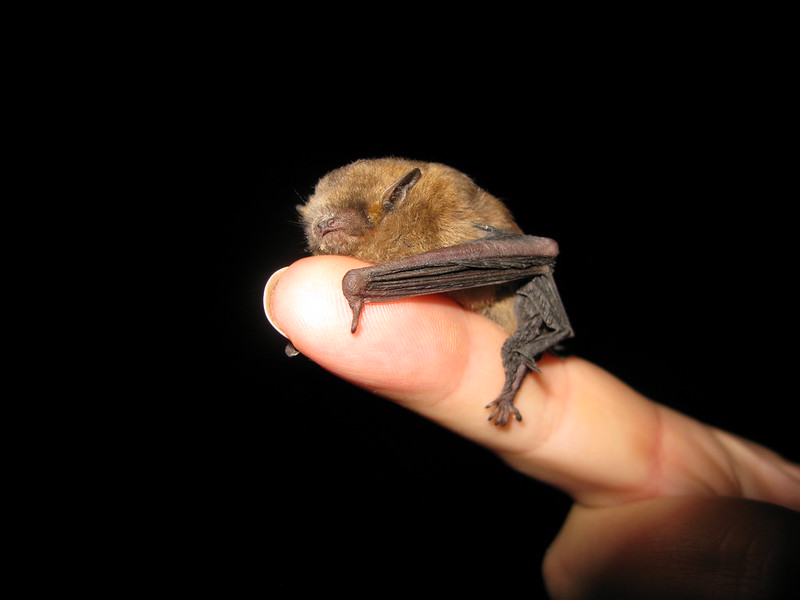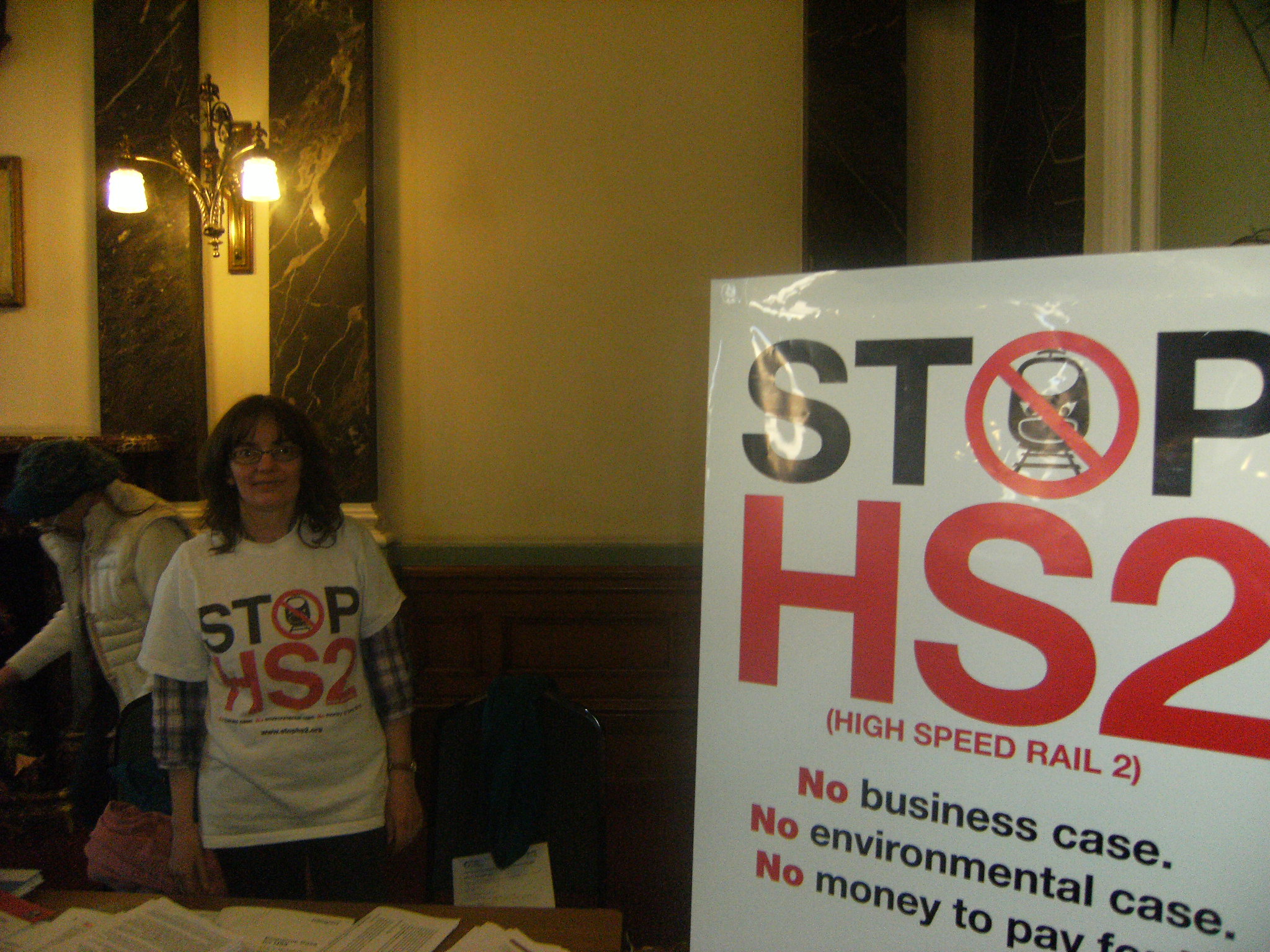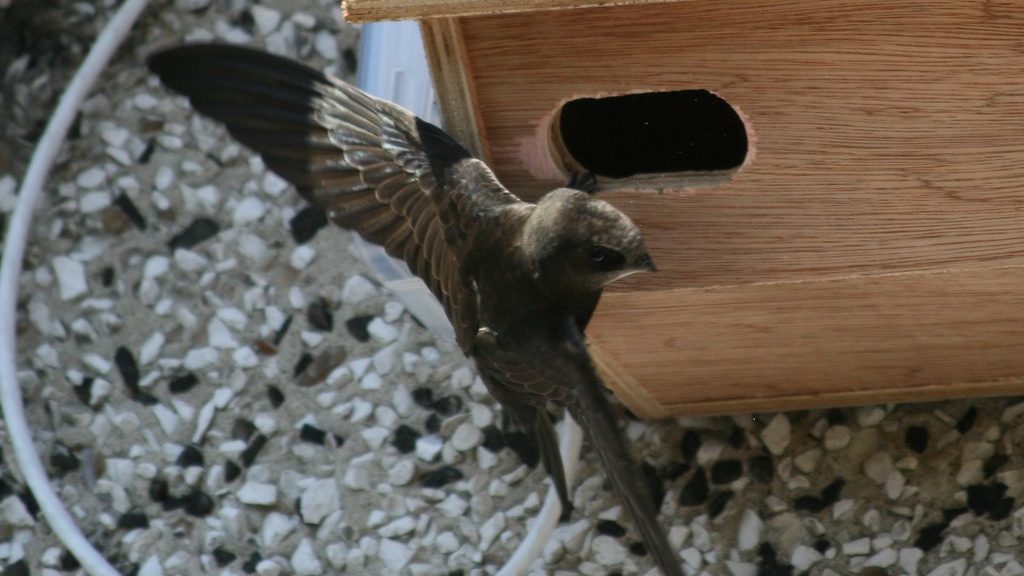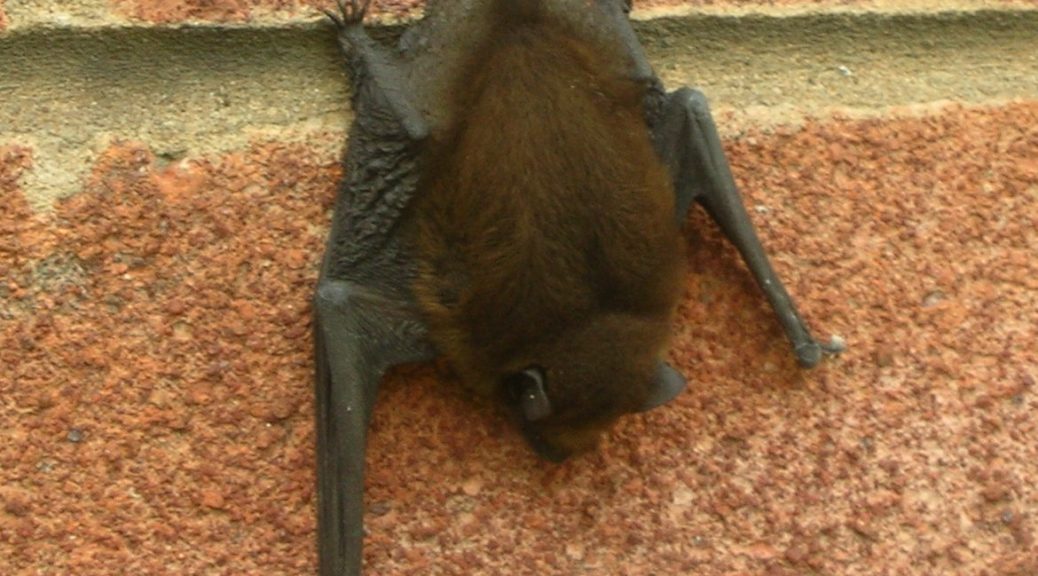The Times reports a pioneering rewilding project which is a haven for endangered turtle doves and nightingales has won ministerial support for its campaign against plans for 3,500 homes which it says would be catastrophic for wildlife.
Lord Goldsmith of Richmond Park, the environment minister, has condemned the proposed development near Knepp estate in West Sussex, which was heralded in the government’s 25-year environment plan in 2018 as a prime example of the kind of wildlife restoration it wanted to encourage.
Goldsmith said: “Knepp is an iconic project and probably the best known rewilding initiative in the country. What they have achieved has attracted international acclaim, and rightly so. It would be a tragedy to allow a major development to undo all that extraordinary work.”




